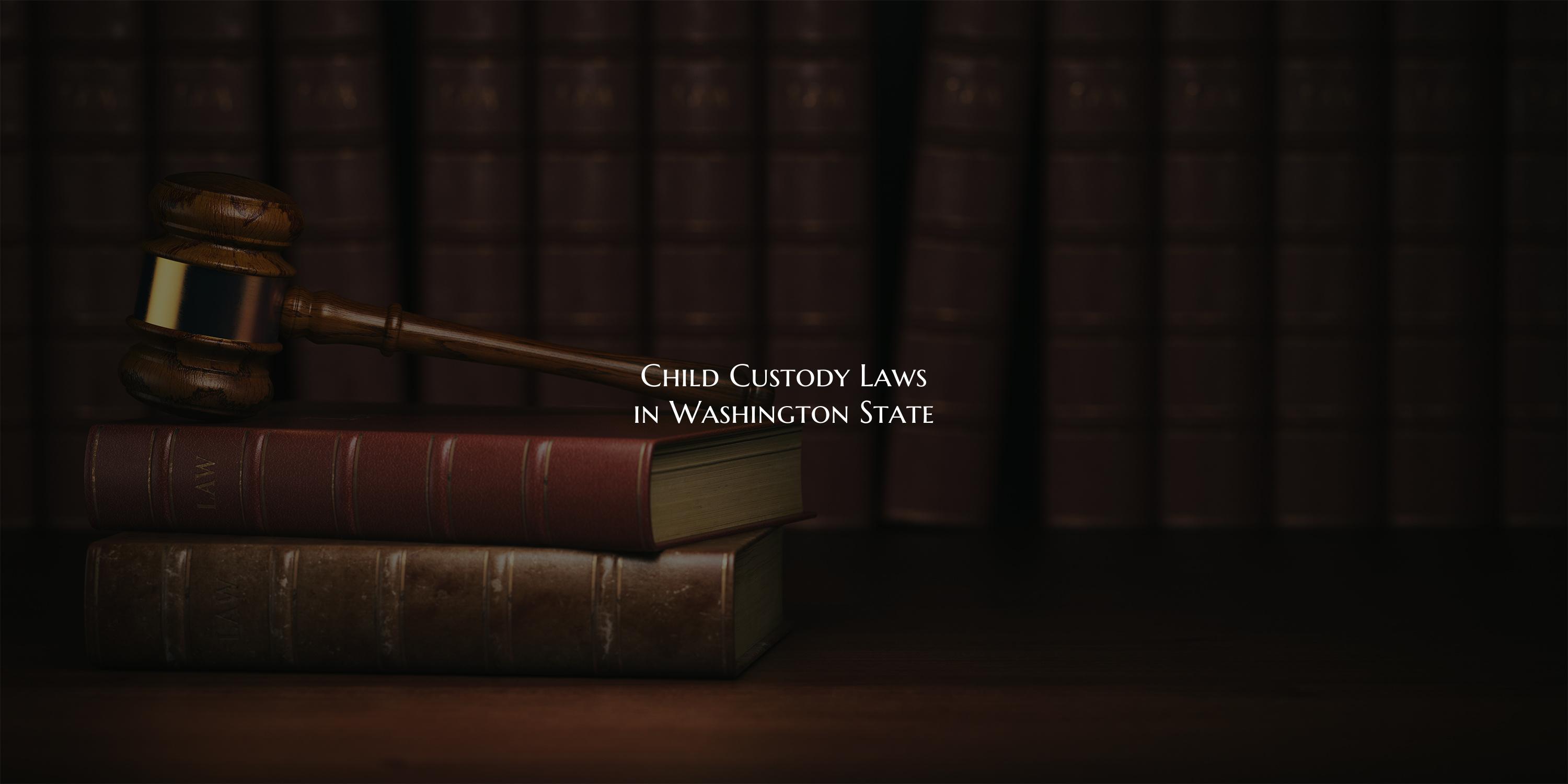
Child Custody Laws in Washington State
Child Custody Laws in Washington State
Child custody laws in Washington State aim to prioritize the best interests of the child while considering the rights and responsibilities of both parents. When parents separate or divorce, determining child custody can be a complex and emotional process. Understanding the laws governing child custody in Washington State is essential for parents navigating this challenging situation.
Types of Custody: Washington State recognizes two main types of child custody: legal custody and physical custody. Legal custody refers to the right to make important decisions about the child's upbringing, such as education, healthcare, and religious upbringing. Physical custody, on the other hand, pertains to where the child will primarily reside.
In Washington State, custody can be: 1. Joint Legal Custody: Both parents share the responsibility for making decisions about the child's welfare. 2. Sole Legal Custody: One parent has the authority to make decisions regarding the child's upbringing. 3. Joint Physical Custody: The child spends significant time living with both parents. 4. Sole Physical Custody: The child primarily resides with one parent, while the other parent may have visitation rights.
Factors Considered in Custody Determination: When determining child custody arrangements, Washington State courts consider various factors to ensure the child's well-being. Some of the key factors include: - The child's relationship with each parent - The child's emotional and physical needs - Each parent's ability to provide for the child's needs - The child's established routine and community ties - Any history of domestic violence or substance abuse by either parent
Parenting Plans: In Washington State, parents are required to submit a parenting plan detailing how they will share custody and make decisions about the child's upbringing. The plan should address the child's residential schedule, decision-making responsibilities, and methods for resolving disputes.
Modifying Custody Orders: Custody orders in Washington State can be modified if there is a substantial change in circumstances that affects the child's well-being. Both parents can file a petition to modify custody, and the court will assess the situation to determine if a change is necessary.
Seeking Legal Assistance: Navigating child custody laws in Washington State can be complicated, especially during emotionally charged situations. It is advisable for parents to seek legal guidance from a family law attorney who specializes in child custody matters. A knowledgeable attorney can provide valuable advice and representation to ensure the best possible outcome for the child and the parents.
In conclusion, understanding child custody laws in Washington State is crucial for parents facing custody disputes. By familiarizing themselves with the types of custody, factors considered in custody determination, parenting plans, and the process for modifying custody orders, parents can work towards a resolution that prioritizes the well-being of their child.
